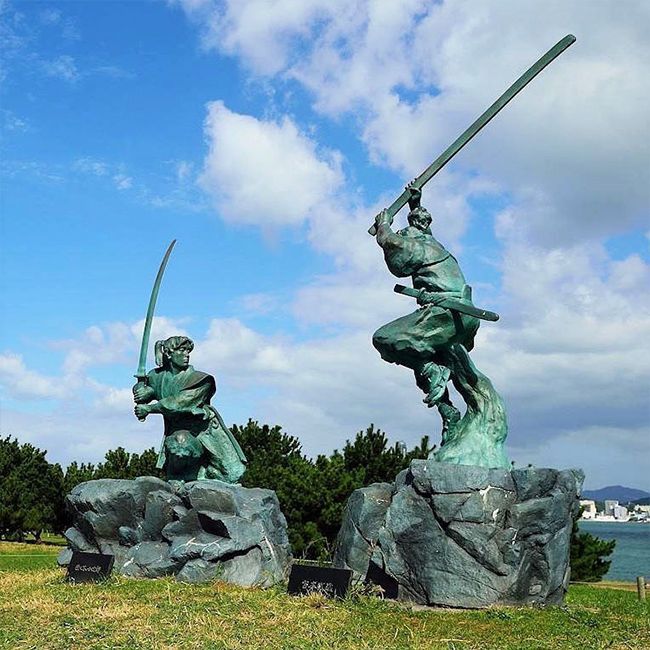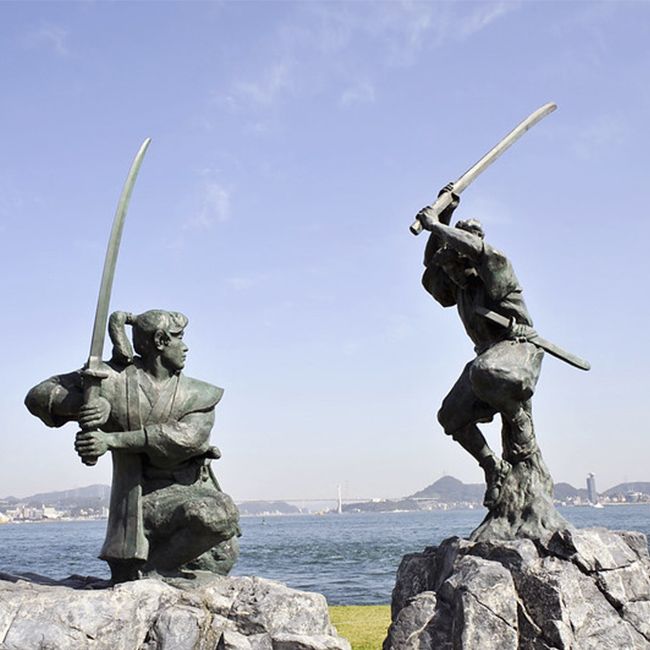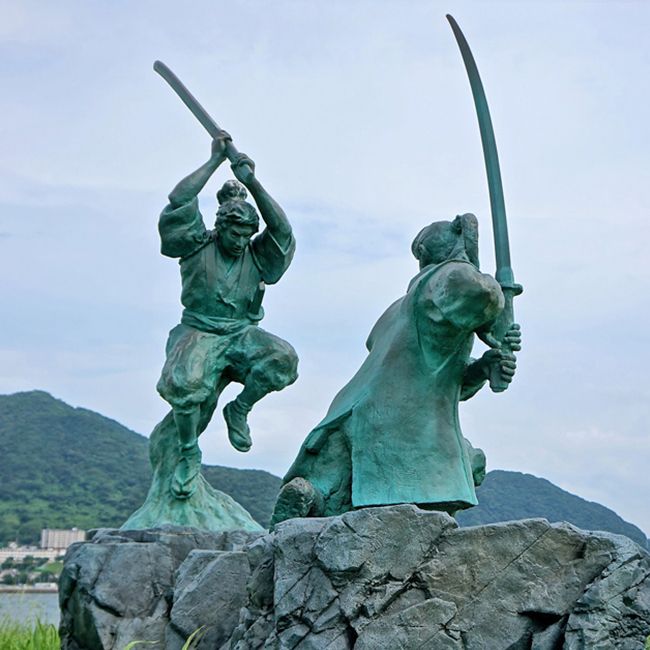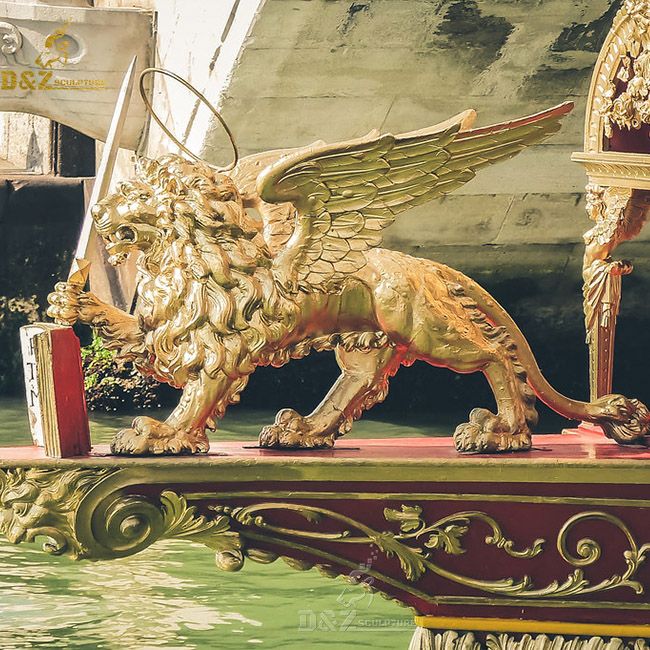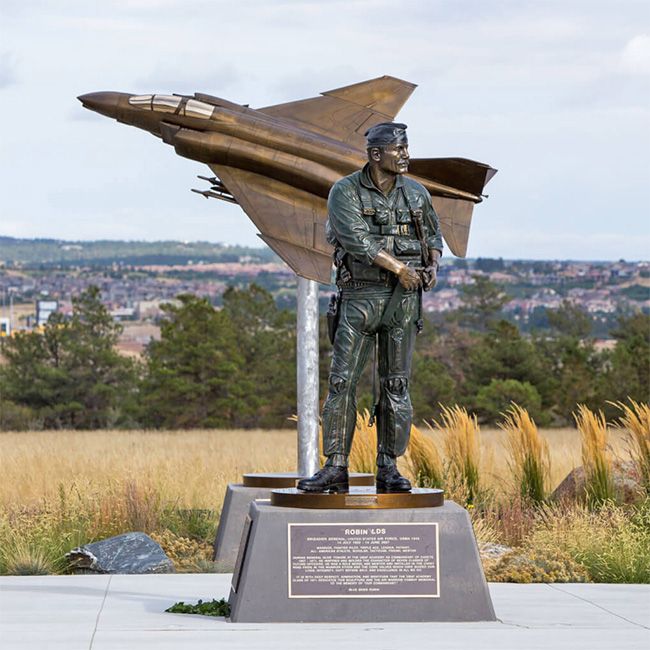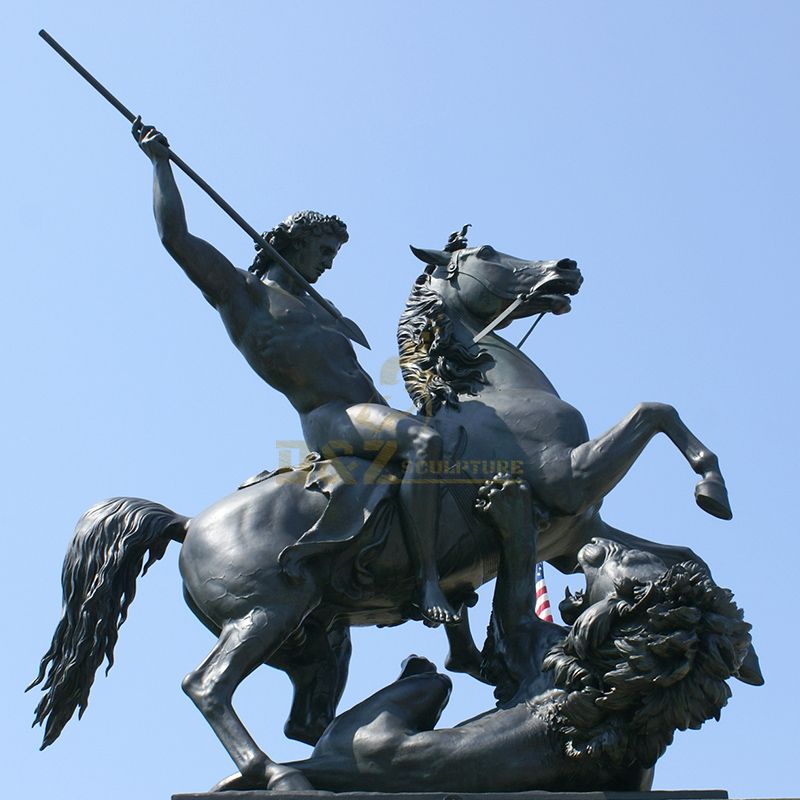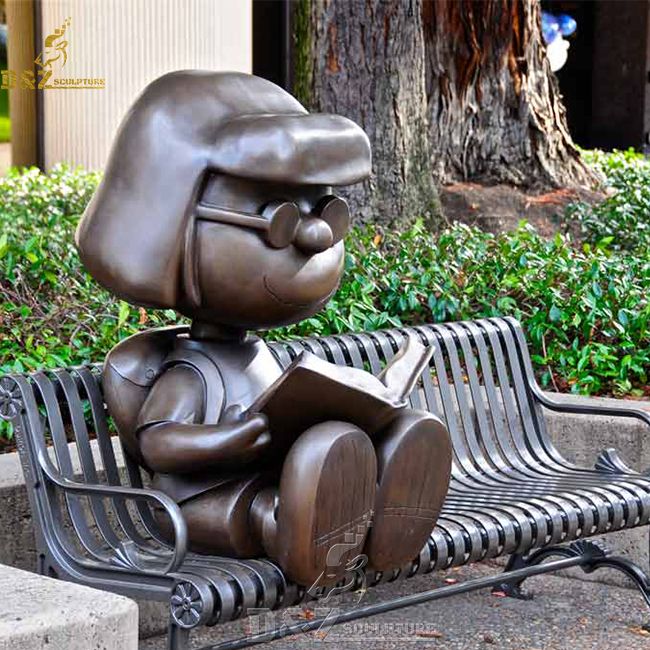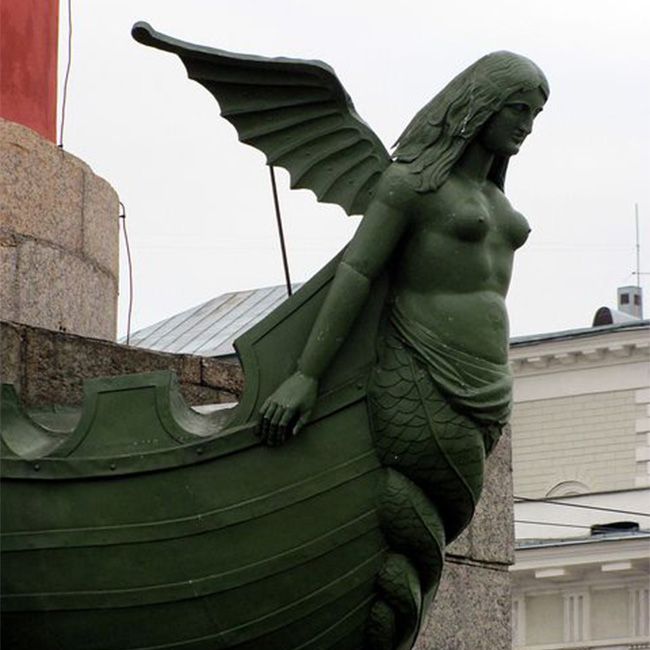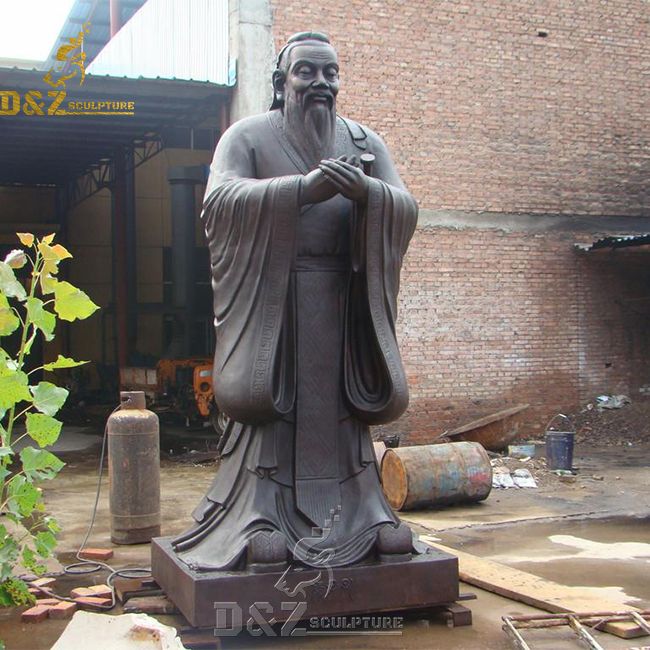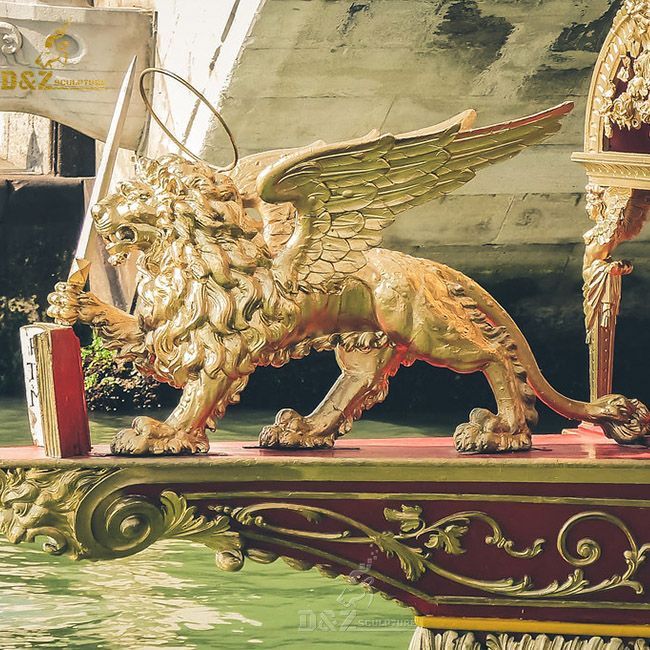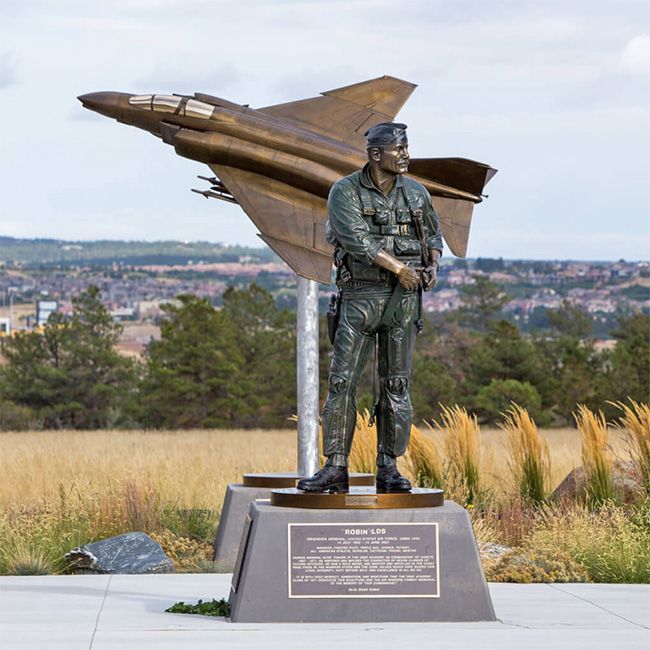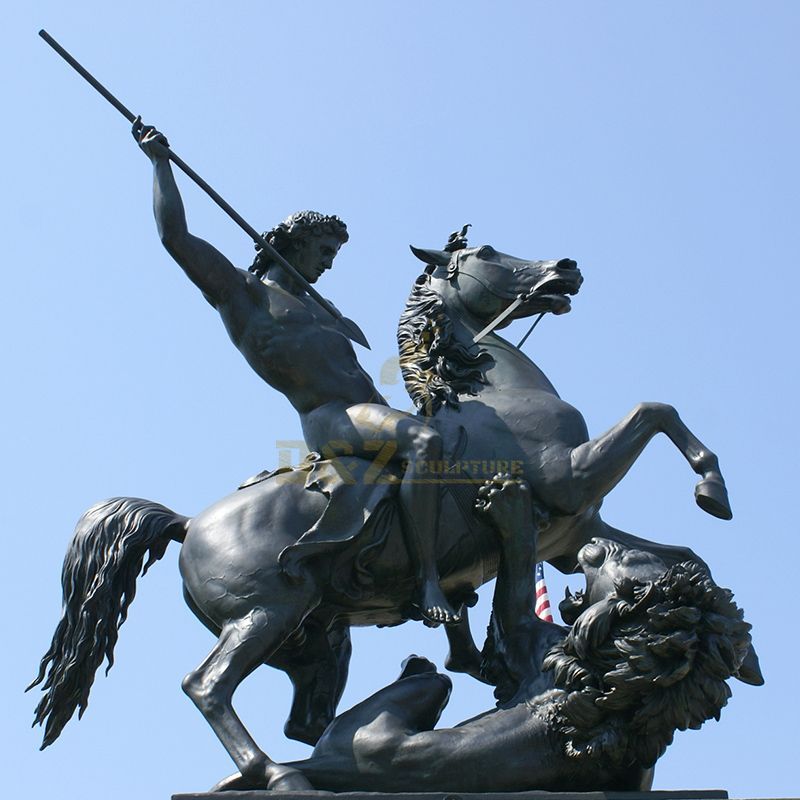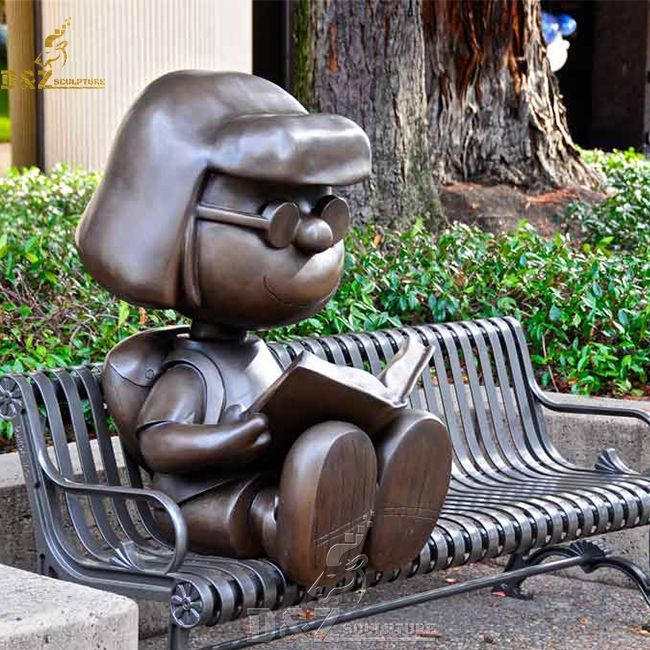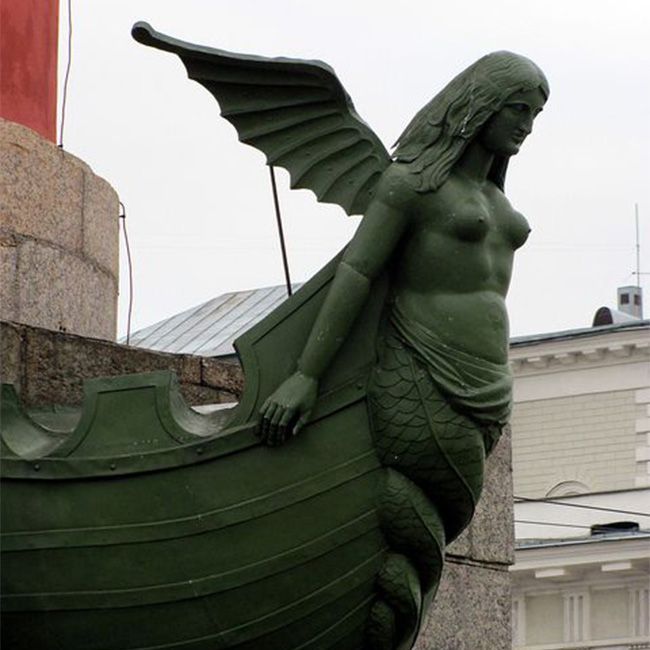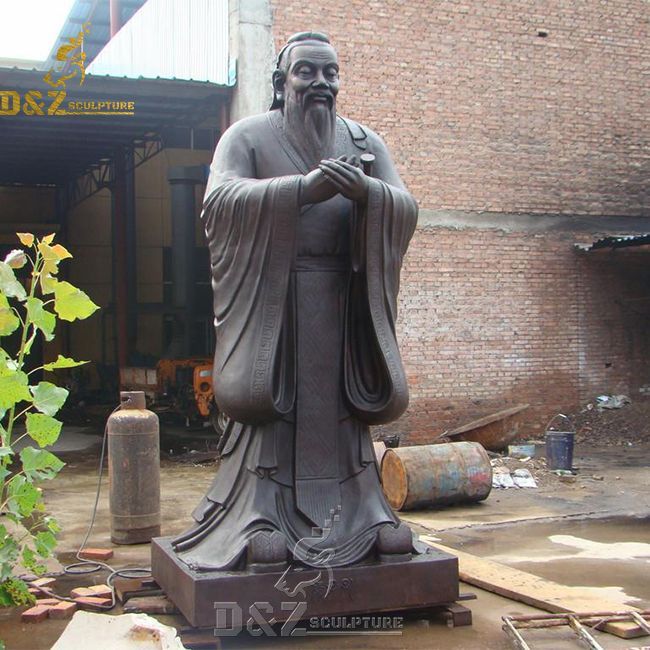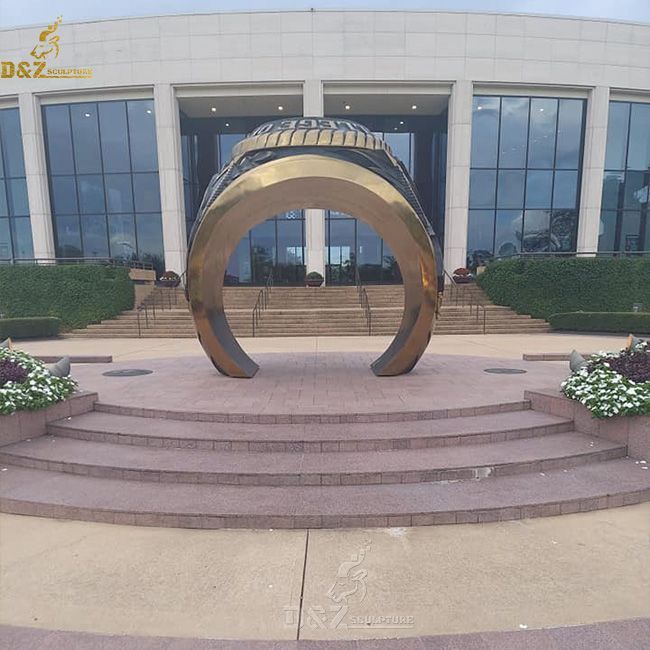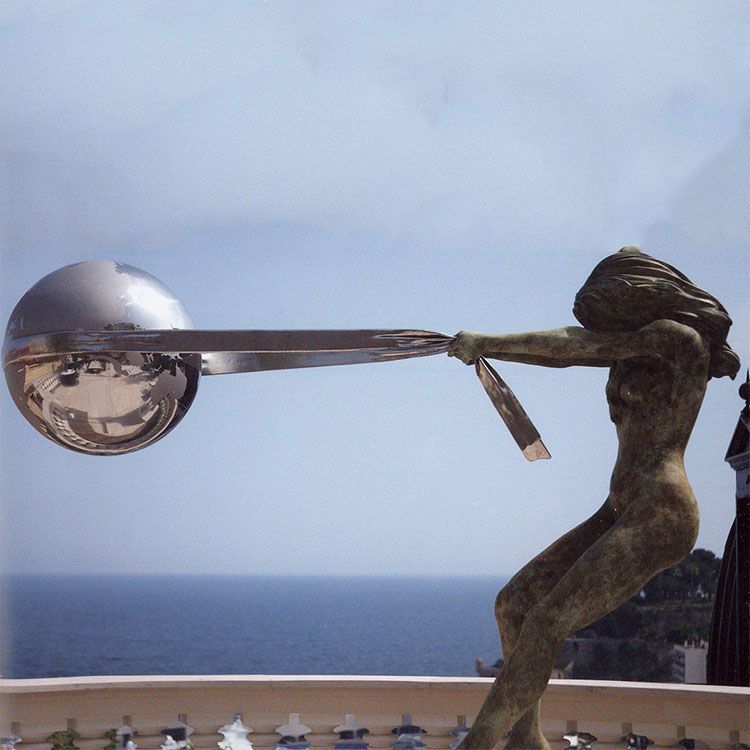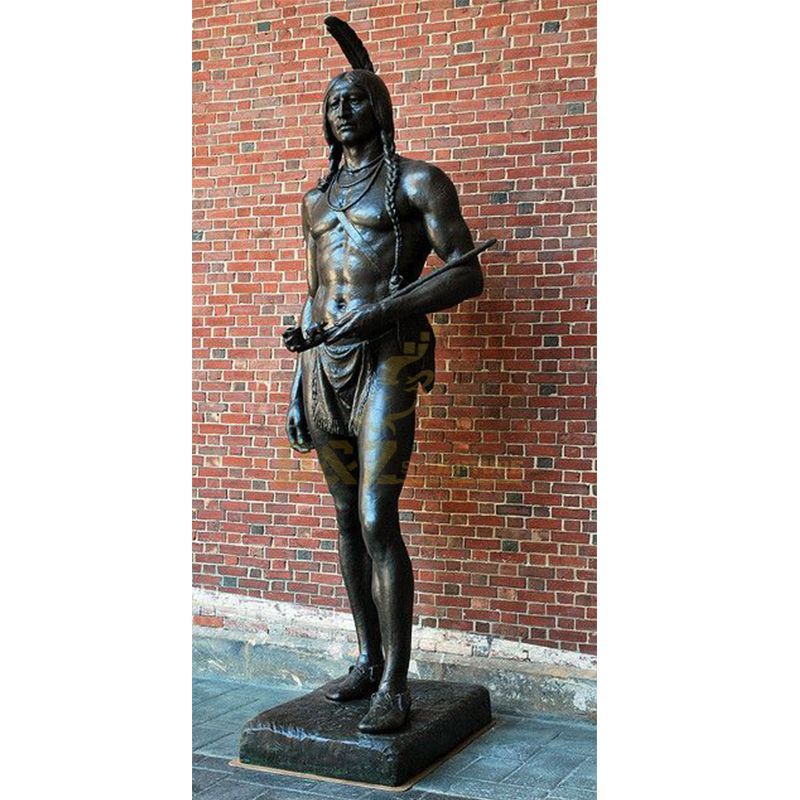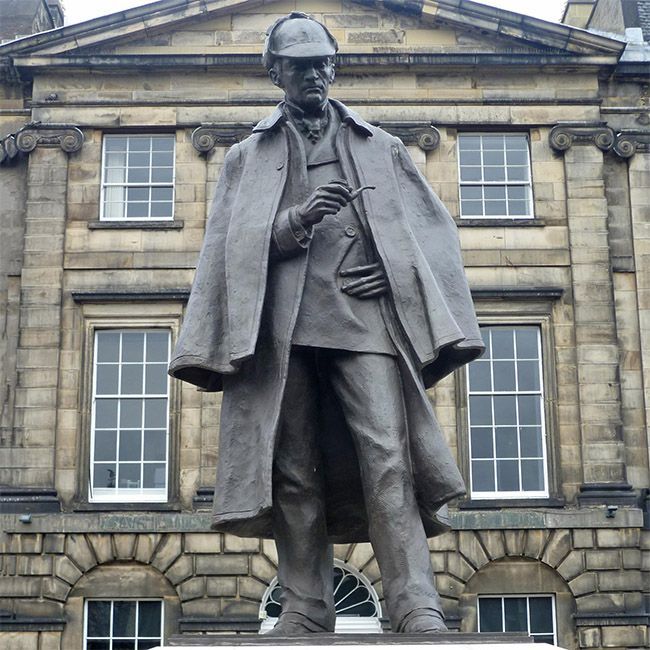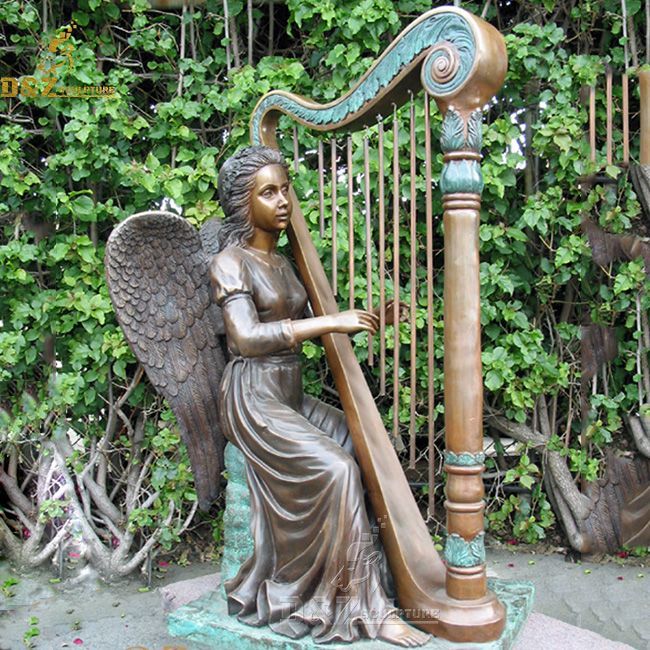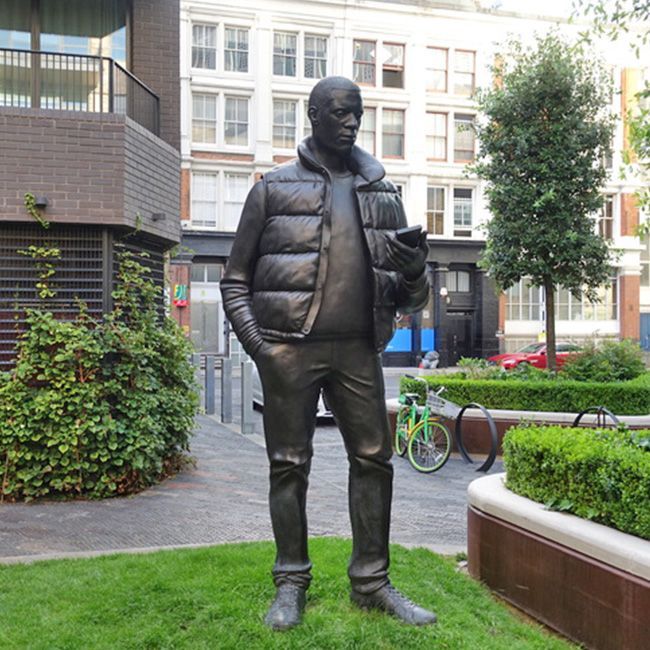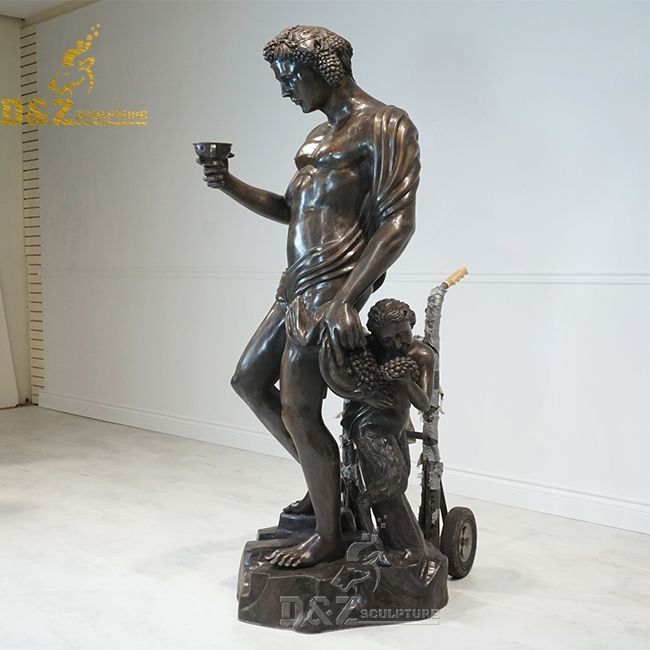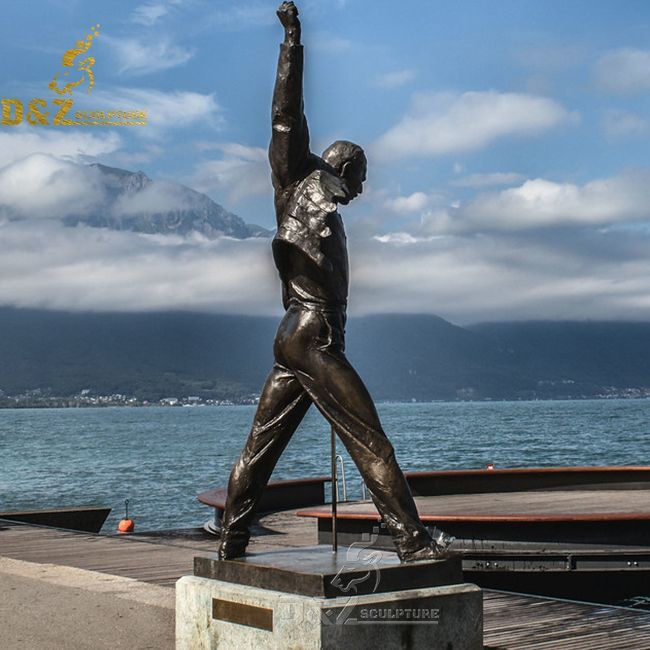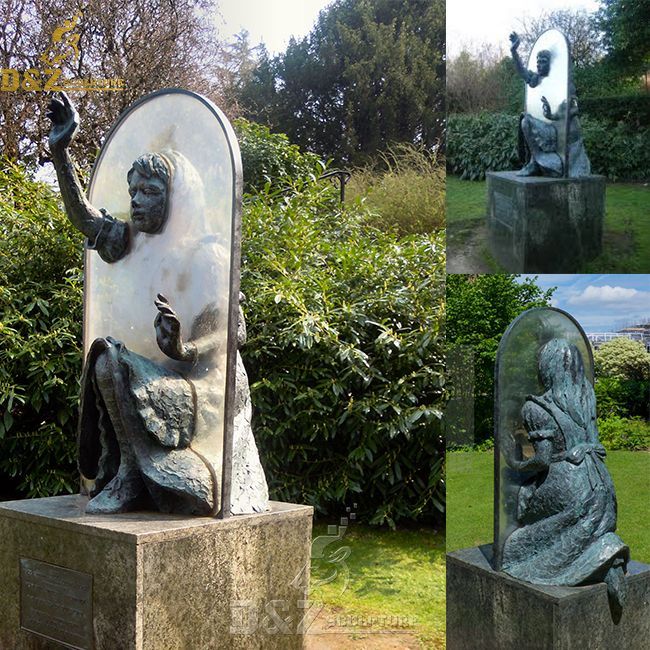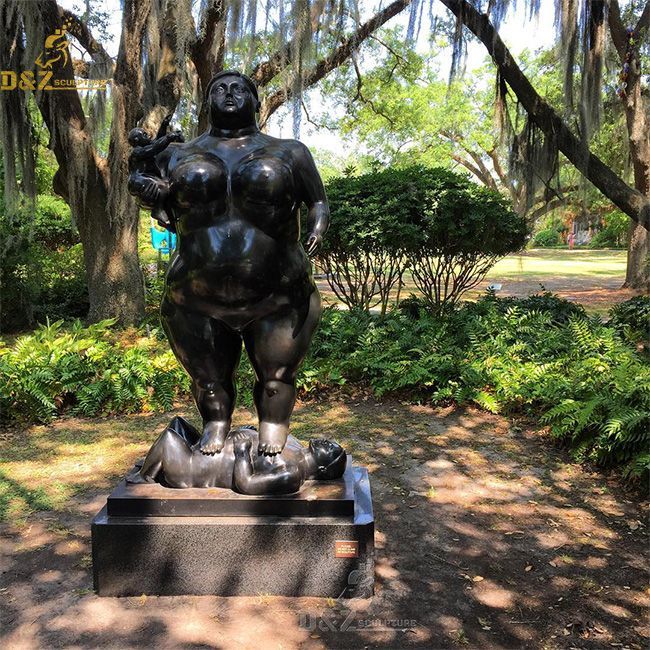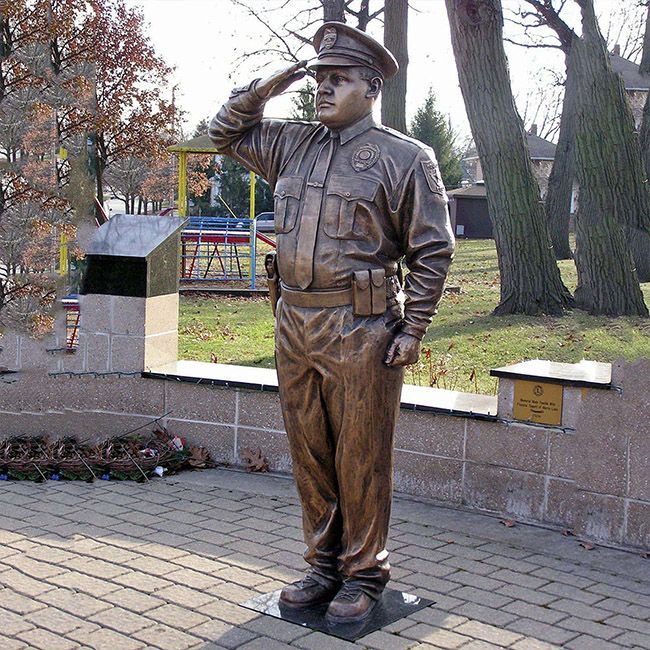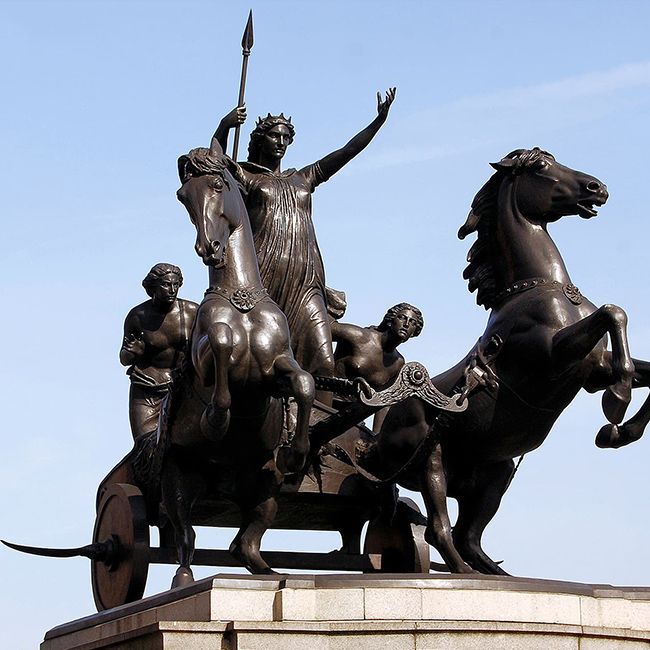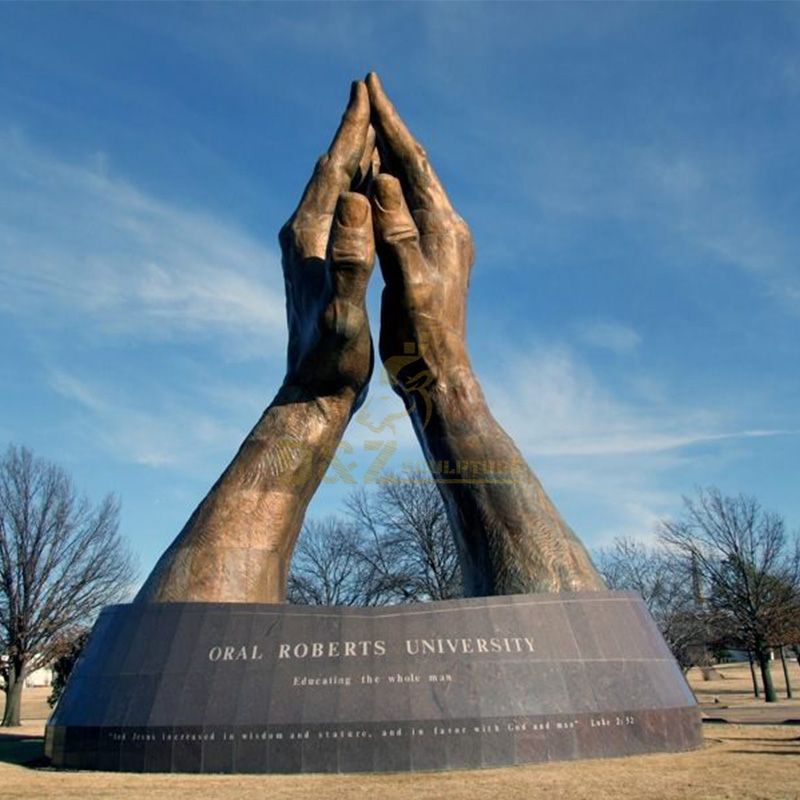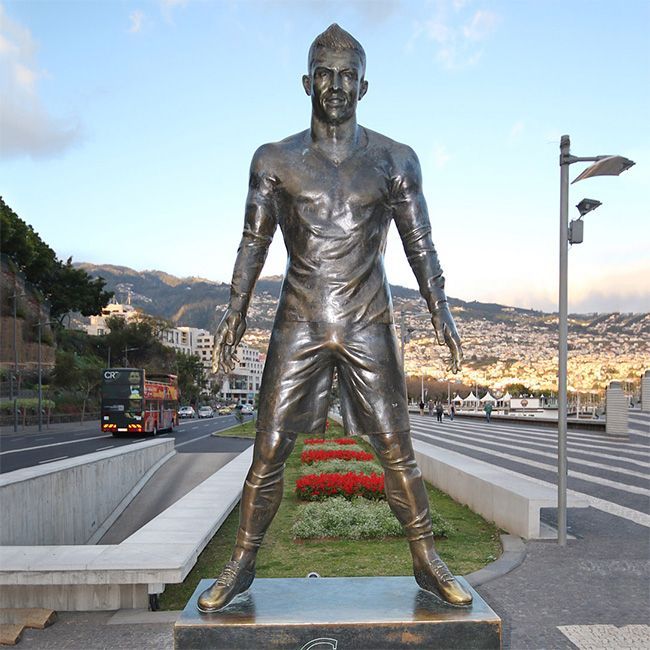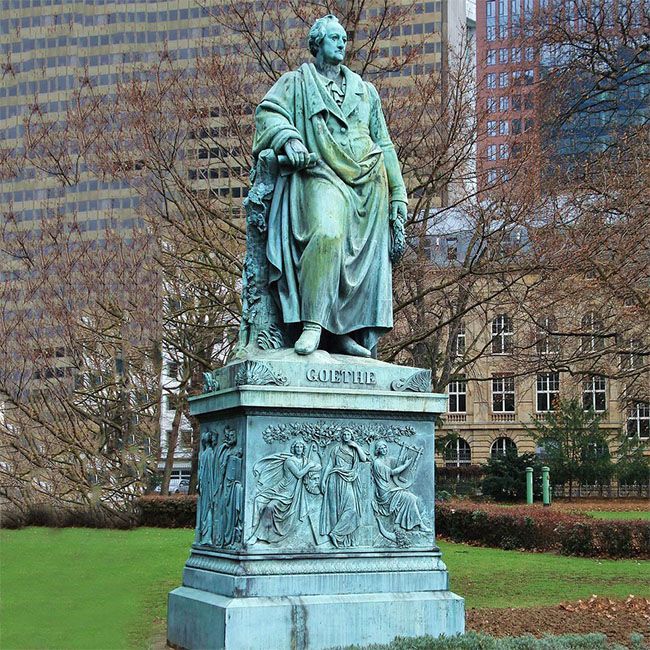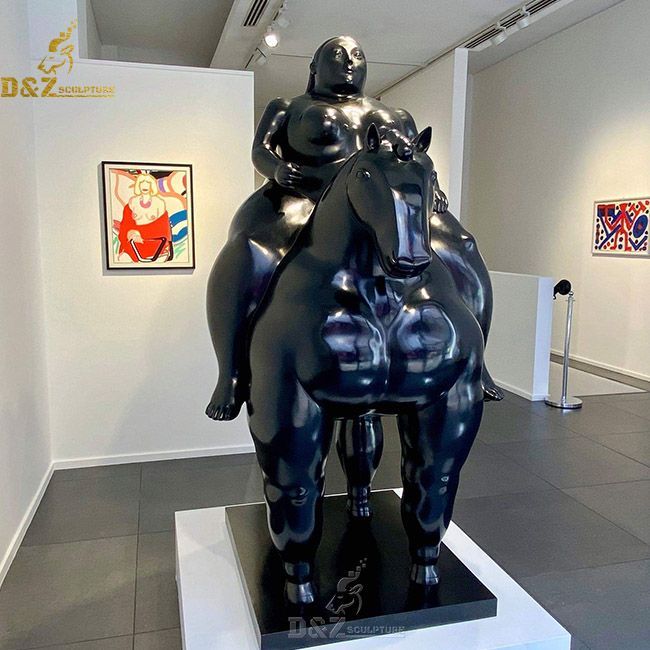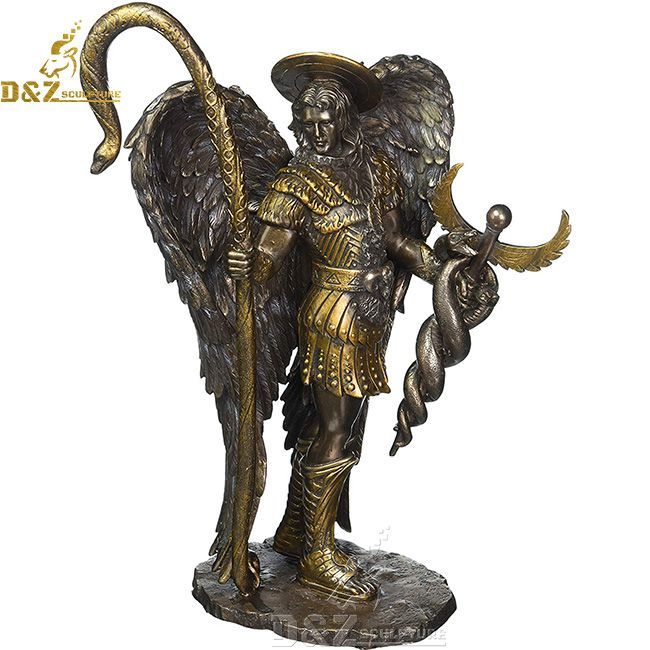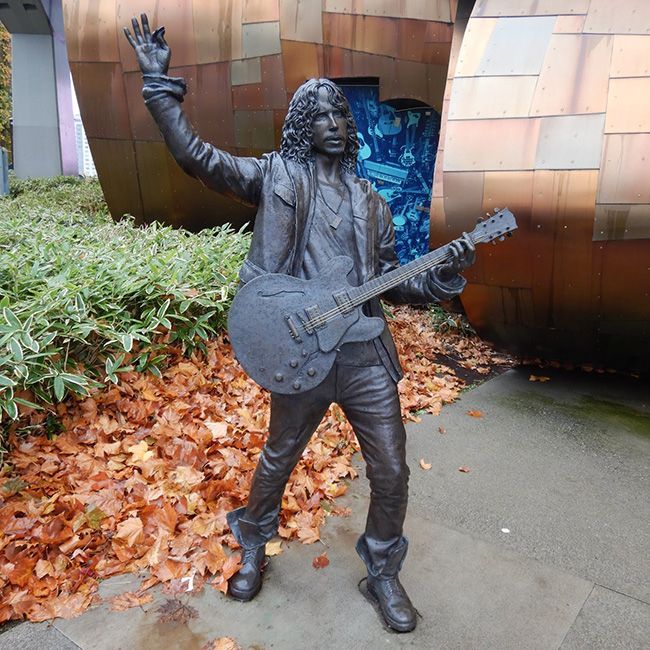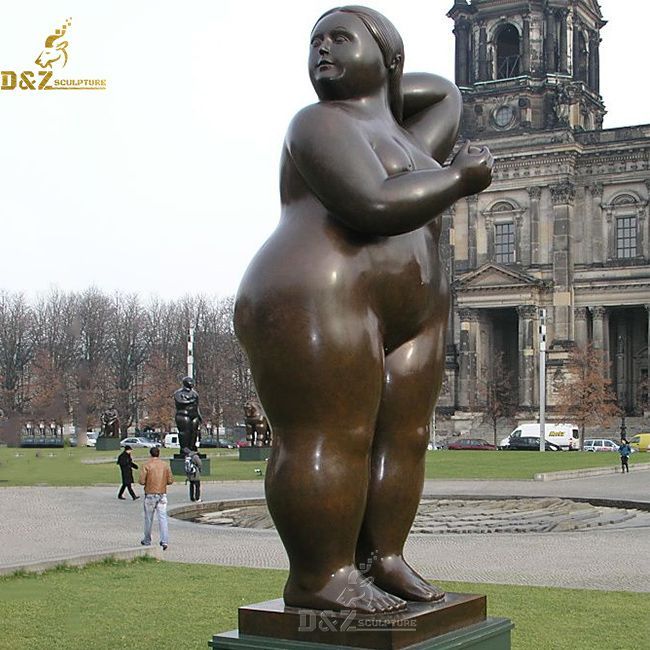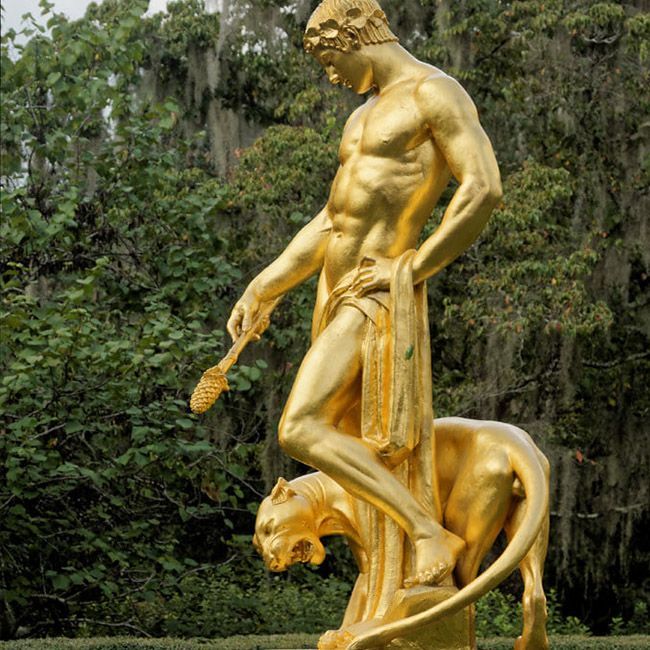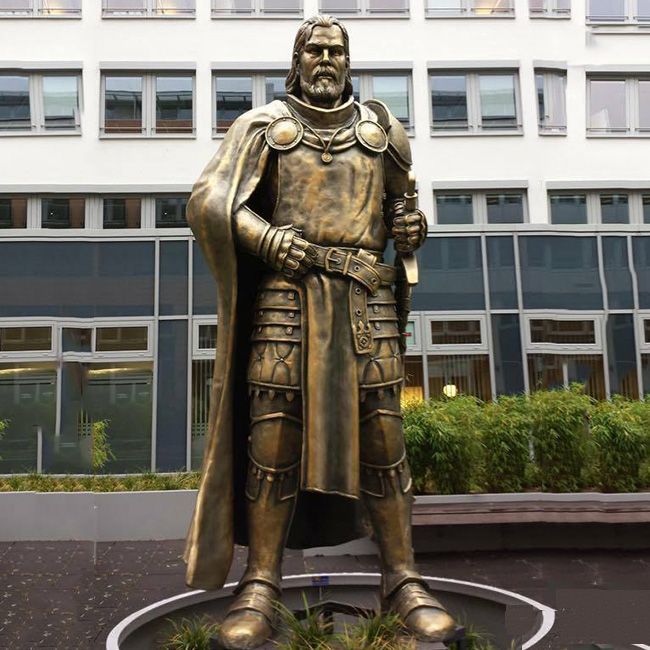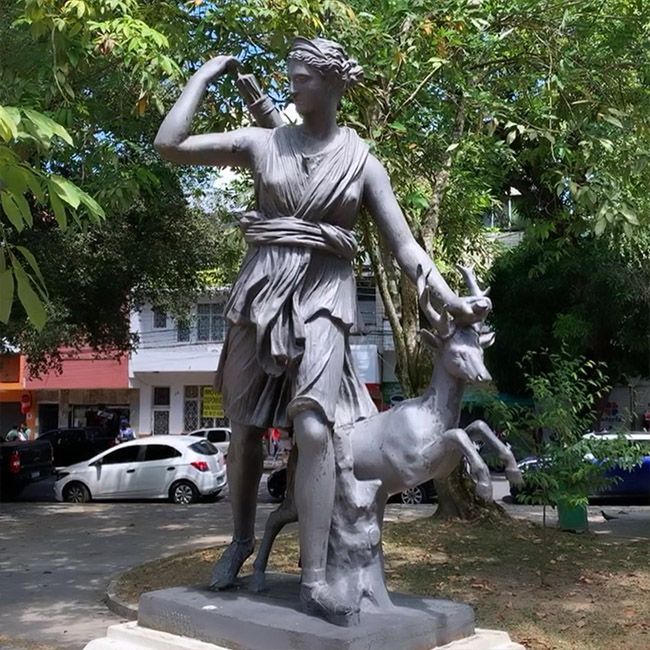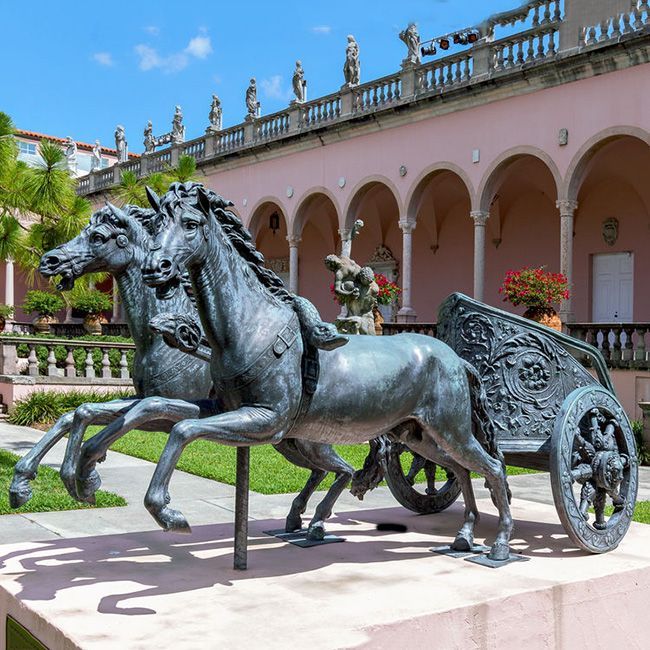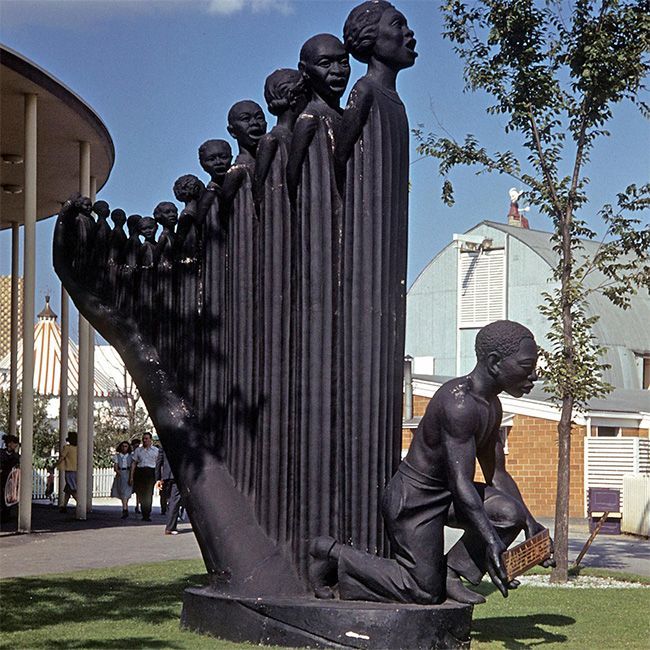Sasaki Kojirō and Miyamoto Musashi were involved in one of Japan's historic duels in 1612. Kojiro was seen as the ideal warrior who looked and acted the part of the samurai as prescribed in the bushido code. So much so that he was honored by Lord Hosokawa Tadaoki, and became the chief weapons master of the Hosokawa clan. Musashi on the other hand was the complete opposite who was less concerned with his image or how society perceived him and more concerned with beating anyone who faced him in battle.
Sasaki Kojiro, (1585-1612), a native of Fukui Prefecture, Japan, also known as Iwadragon, or Oiwa style. Kojiro was a master of swordsmanship in the Sengoku period and the early Edo period. He studied Nakajo-Ryu (an old martial art created by Nagahide Nakajo in the 14th century) swordsmanship and learned from swordsman master Jinju Jisai or Toda Masamoto. Kojiro later founded the Japanese traditional swordsmanship school "Kenryu" by himself, and this name is also known by his name. He is also known for his skills in wielding a nodachi (a long traditional Japanese long sword) called a dry rod and the Tsubame Gaeshi technique (Turning Swallow Cut), which is believed to mimic the tail movement of a swallow during flight.
Miyamoto Takezo (Miyamoto Takezo, 1584-1645) is also known by his other names, Shinmon Musashi or Miyamoto Nosuke, or his Buddhist name Niten Dōraku. He is a swordsman and a ronin, and was known for his many duels when he was very young. Miyamoto Musashi is the author of "The Book of Five Rings," which describes the tactics, strategies, and swordsmanship philosophy still in use today. He also created the Hyōhō Niten Ichi-ryū or Niten-ryū style, which is popular with the two-sword technique.
The duel began with both men on guard as a show of respect for the other’s skill with their own style and technique. In the end, though, there could be only one winner. Musashi had provoked Kojirō to make the first attack. Miyamoto quickly countered and succeeded in breaking Kojirō’s left ribs and puncturing his lungs, eventually killing him. Because of this event, Musashi attained spiritual awakening and renounced ever doing lethal duels in the future.

